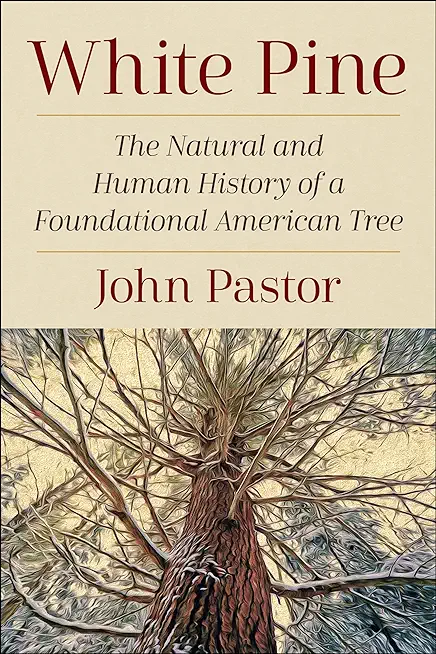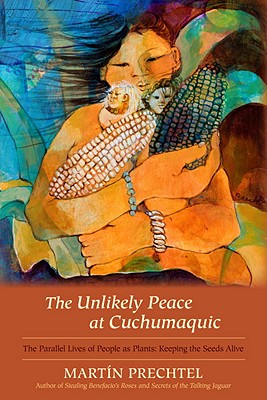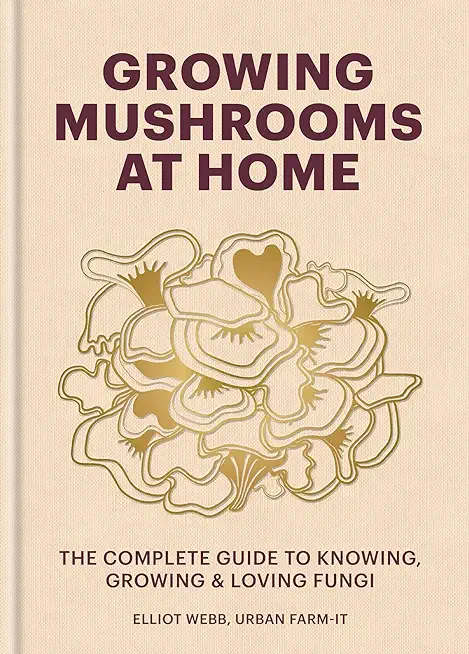
Pastor, John
product information
description
m the 1600s through the Civil War and beyond, it was used to build the nation's ships and houses, barns, and bridges. It became a symbol of independence, adorning the Americans' flag at Bunker Hill, and an economic engine, generating three times more wealth than the California gold rush. Yet this popularity came at a cost: by the end of the 19th century, clear cutting had decimated much of America's white pine forests. In White Pine: The Natural and Human History of a Foundational American Tree, ecologist and writer John Pastor takes readers on walk through history, connecting the white pine forests that remain today to a legacy of destruction and renewal. Since the clear-cutting era, naturalists, foresters, and scientists have taken up the quest to restore the great white pine forests. White Pine follows this centuries-long endeavor, illuminating how the efforts shaped Americans' understanding of key scientific ideas, from forest succession to the importance of fire. With his keen naturalist's eye, Pastor shows us why restoring the vitality of these forests has not been simple: a host of other creatures depend on white pine and white pine depends on them. In weaving together cultural and natural history, White Pine celebrates the way humans are connected to the forest--and to the larger natural world. Today, white pine forests have begun to recover, but face the growing threat of climate change. White Pine shows us that hope for healthy forests lies in understanding the lessons of history, so that iconic species survive as a touchstone for future generations.
member goods
No member items were found under this heading.
listens & views

PRELUDES & CHORUSES FROM ZARZUELAS ...
by PRELUDES AND CHORUSES FROM ZARZUELAS / VARIOUS
COMPACT DISC$18.49
Return Policy
All sales are final
Shipping
No special shipping considerations available.
Shipping fees determined at checkout.






